As a parent, it can be tempting to try and shield our children from upsetting news. But children are more aware than we sometimes think, and can easily pick information up from friends at school or by seeing things online. So it’s good that they learn about what’s going on from the person they trust most in the world, which is you.
If your children are older, they may well follow the news themselves, so it’s good to let them know that they can always talk to you about anything that’s worrying them.
Tips for talking to your child about current events
Tip #1: Talk to other adults about the situation
If you’re worried or upset about current events yourself, it’s a good idea to talk to another adult about the situation before you talk to your child. Whether it’s your partner, a friend or family member or even someone at work, talking to someone else will help you work out how you feel, which means you’ll be more likely to stay calm when you speak to your child and avoid passing any fears onto them. Our page on mental health advice for parents has tips on looking after yourself.
Tip #2: Don’t be afraid to bring the subject up
You may want to ‘check in’ with your child to see how much they know about situations in the news and whether this is upsetting them or not. All children are different – some worry more than others, and different children will focus on different things.
You could try asking gently, ‘Have you heard about this?’ or ‘Have you learnt about this in school?’ and if they haven’t or don’t seem bothered you can leave it there. But this lets them know that you’re willing to talk about it and answer any questions.
Tip #3: Be informed
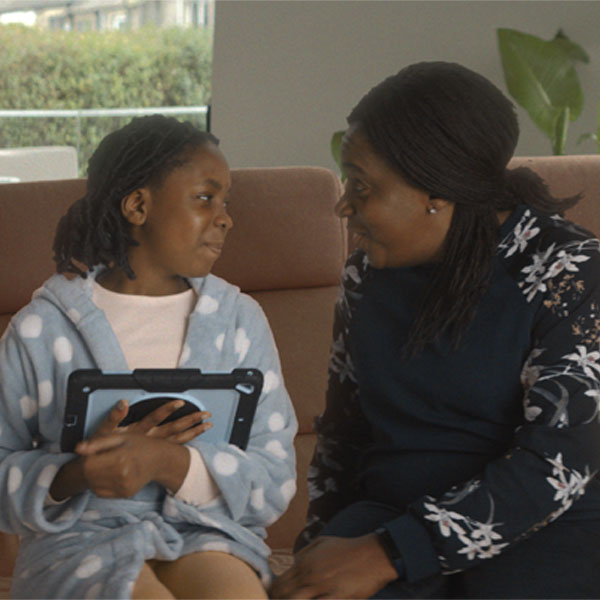
Your child may have lots of questions – and you may not always be able to answer them. There’s nothing wrong with admitting this. Rather than avoiding their questions, you could try looking at news stories together on a trusted source like BBC Newsround or BBC news if your child is older, and then discussing the issues together.
You could also talk to older children about where they are getting their news – from friends? from social media? – and whether these sources of information are reliable. If they come to you with information they’ve heard and you’re not sure whether it’s true or not, try cross-checking it with reliable sources. This article from Internet Matters has useful advice on how to help your child spot fake news and misinformation online.
Tip #4: Listen to their concerns
Don’t be tempted to tell your child not to worry and then change the subject. This may distract them at first, but in the long run they may feel that you’re dismissing their concerns and not taking them seriously, or that they can’t discuss their worries with you. So try and stop what you’re doing (not always possible we know) and listen to what they have to say.
Tip #5: Talk about their feelings
As well as discussing the facts, it’s a good idea to ask your child how they feel. They may feel anxious, powerless or angry. Let them know that all feelings are okay.
Tip #6: Look for the positives
Most news stories will have a positive side to them – for example, what are people doing to help? Make sure your child knows that it isn’t all bad and that there is hope.
Tip #7: Take action
There may be small things your child can do to help the situation. For example, they may be able to fundraise at school or donate to a charity, or show their support by putting a picture in their window. Having a chat with them about what they can do may help them feel more positive.
Tip #8: Stick to your routines
Hearing bad news may make your child feel nervous and insecure. Sticking to your usual daily routines will help them feel safe and reassure them that things aren’t changing.
Tip #9: Let them know you’re there for them
Make sure they know that you’re always there if they want to talk about things again.
 Activities & Play
Activities & Play Behaviour
Behaviour Childcare
Childcare Development & Growing Up
Development & Growing Up Family, Friends & Relationships
Family, Friends & Relationships Feeding Your Baby
Feeding Your Baby Food & Eating
Food & Eating Health & Safety
Health & Safety Mental Health & Wellbeing
Mental Health & Wellbeing Money & Work
Money & Work Online Behaviour & Safety
Online Behaviour & Safety Pregnancy & First Days
Pregnancy & First Days School & Education
School & Education Sleep
Sleep

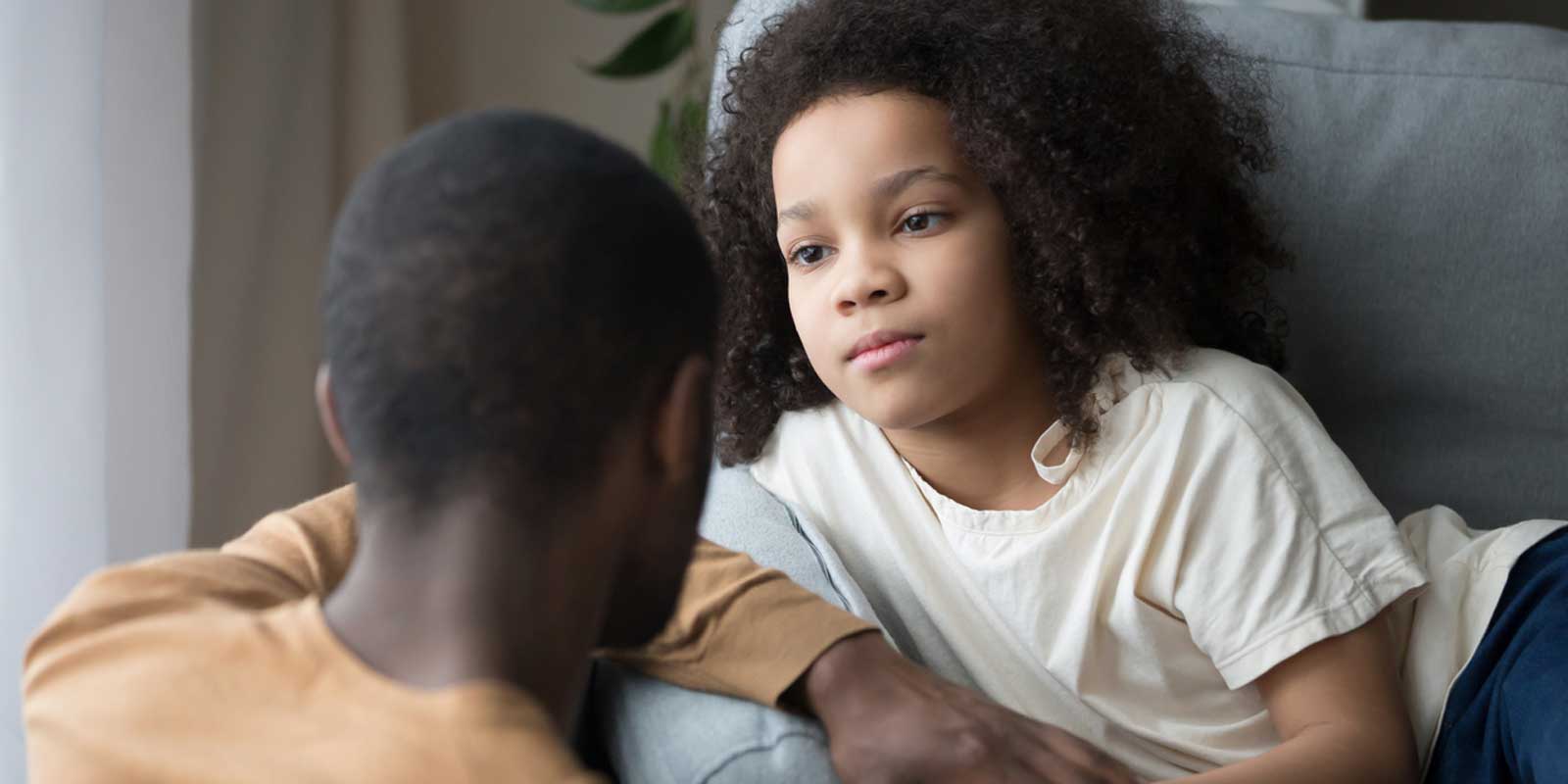
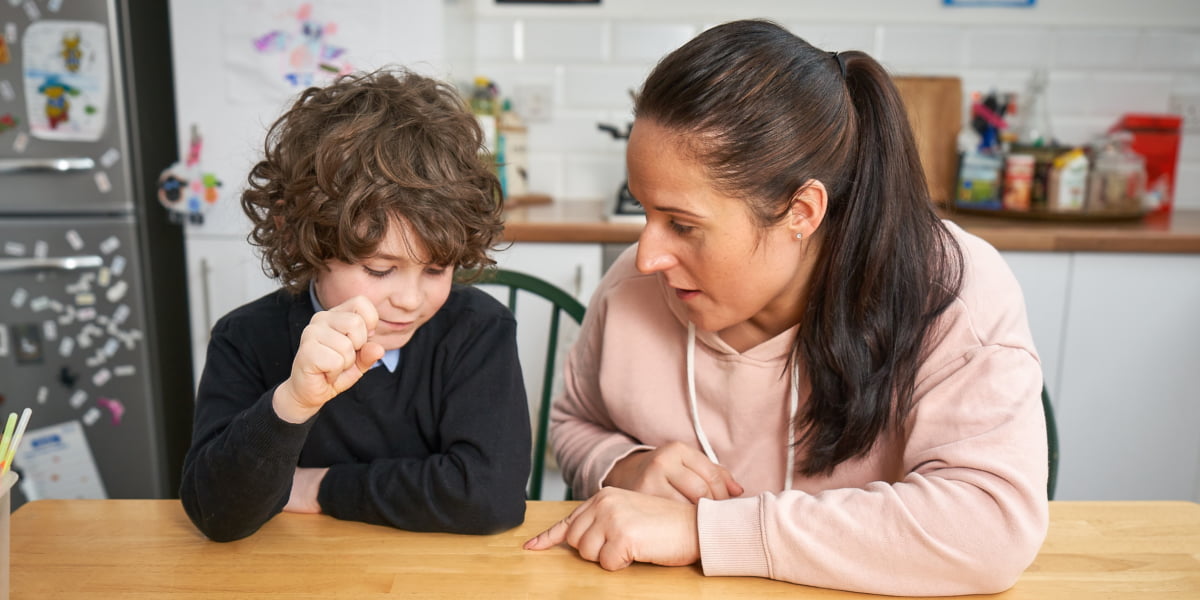

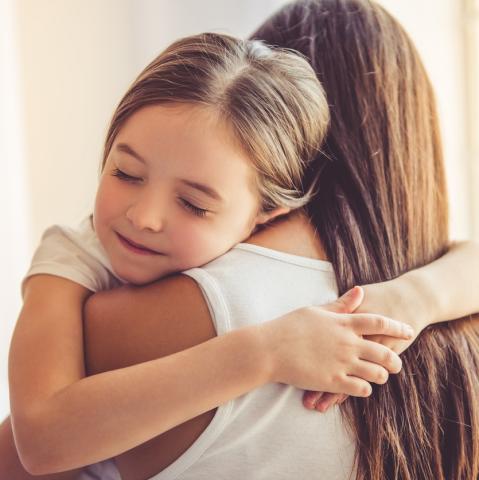
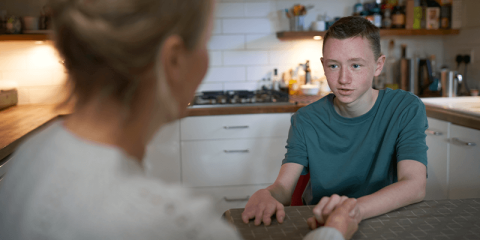
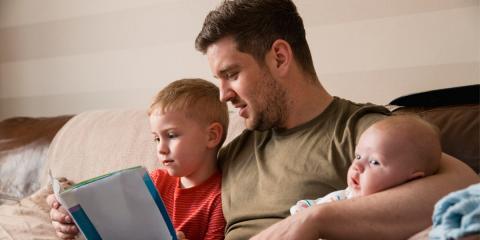

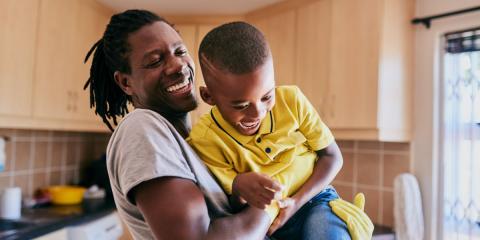
 Behaviour
Behaviour
 Sleep
Sleep